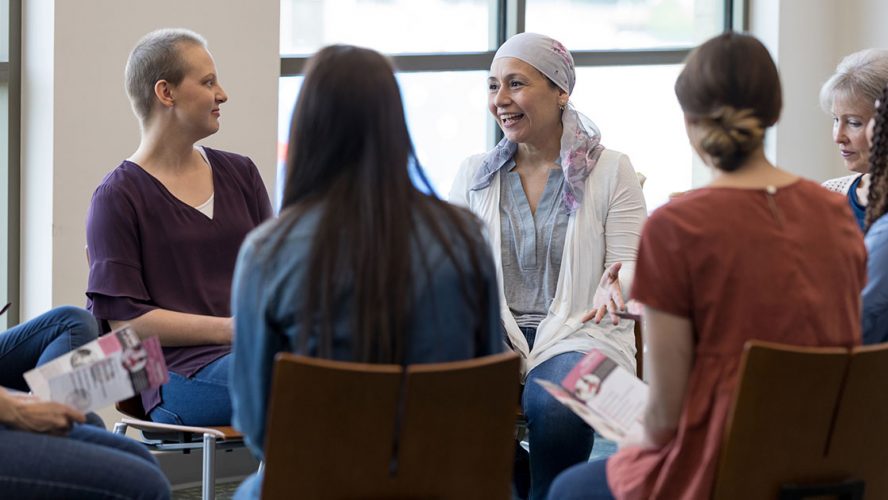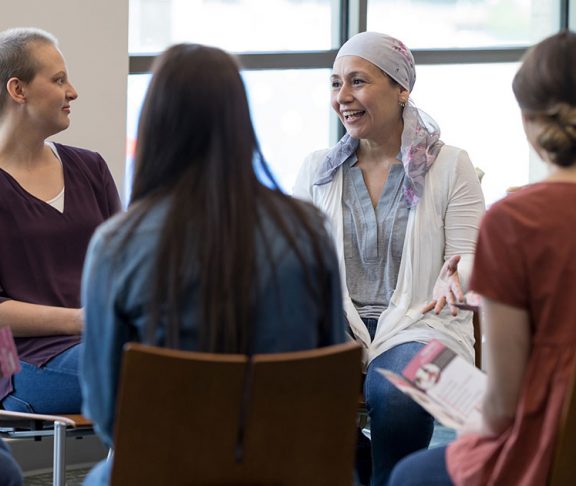
Wui-Jin Koh, MD
Chief Medical Officer, National Comprehensive Cancer Network
In 1971, there were approximately 3 million cancer survivors living in the United States. By 2019, that number reached 16.9 million and is projected to surpass 22 million by the year 2030.
This is due to increasing cancer diagnoses — populations where people live longer have a higher risk of developing cancer, but also advances in multiple areas of medicine. Such developments include ways to detect cancers earlier, better knowledge of biology and genetics, improvements in technology, and many new targeted treatments that are able to find and destroy cancer cells. There has also been significant progress in supportive care, such as management of nausea, low blood counts and infection, pain, and blood clots, which allow patients to tolerate treatment better, and in turn leads to greater effectiveness of therapy.
As more cancer survivors live longer, there is growing need for addressing long-term effects that impact many aspects of life. The definition of cancer survivorship begins at diagnosis, includes the time during and immediately after treatments, and continues through the duration of the individual’s life. Some cancer patients may receive prolonged therapy (for example, hormonal treatments for breast or prostate cancer), which can affect their quality of life. For those survivors who are cured and have completed all cancer treatment there are often lingering physical, psychosocial, emotional, and financial consequences. These can include chronic pain and fatigue, anxiety and depression, sleep issues, heart problems, loss of sexual function, and more.
Recently, there has been emphasis on the importance of patient-reported outcomes, which allow patients and survivors to more clearly describe difficulties, including subtle ones that may not have been uncovered in the past.
In view of these factors, there is a lot of interest in incorporating survivorship as a key part of cancer care. It is clearly insufficient to “beat cancer at any cost.” It is also critical to focus on how to maximize quality of life and function. Methods to address this include improved patient and provider education, development of better ways to detect and measure such difficulties, early prevention and management of these consequences, and the incorporation of wellness approaches such as yoga, meditation, nutrition, and exercise. Additionally, broader advocacy for accommodating the special needs of cancer survivors can help their return to employment and provide greater access to work/social/recreational opportunities.
The NCCN Clinical Practice Guidelines in Oncology® (NCCN Guidelines®) for Survivorship were launched in 2012 to provide a framework for healthcare providers in caring for this unique population. These guidelines are updated at least annually, to reflect emerging science and best practices and are free to download at NCCN.org. To further extend their reach, NCCN Guidelines for Patients®: Survivorship will be publishing in late 2020 at NCCN.org/patients, and will allow cancer survivors to become more knowledgeable and engaged in this important aspect of their lives.
Cancer survivors form an increasingly large segment of our population. As more live longer, their integration into, and contributions to, society need to be recognized, and can best be achieved through survivorship considerations and planning that combine high-quality medical care and the voice of the patient.

